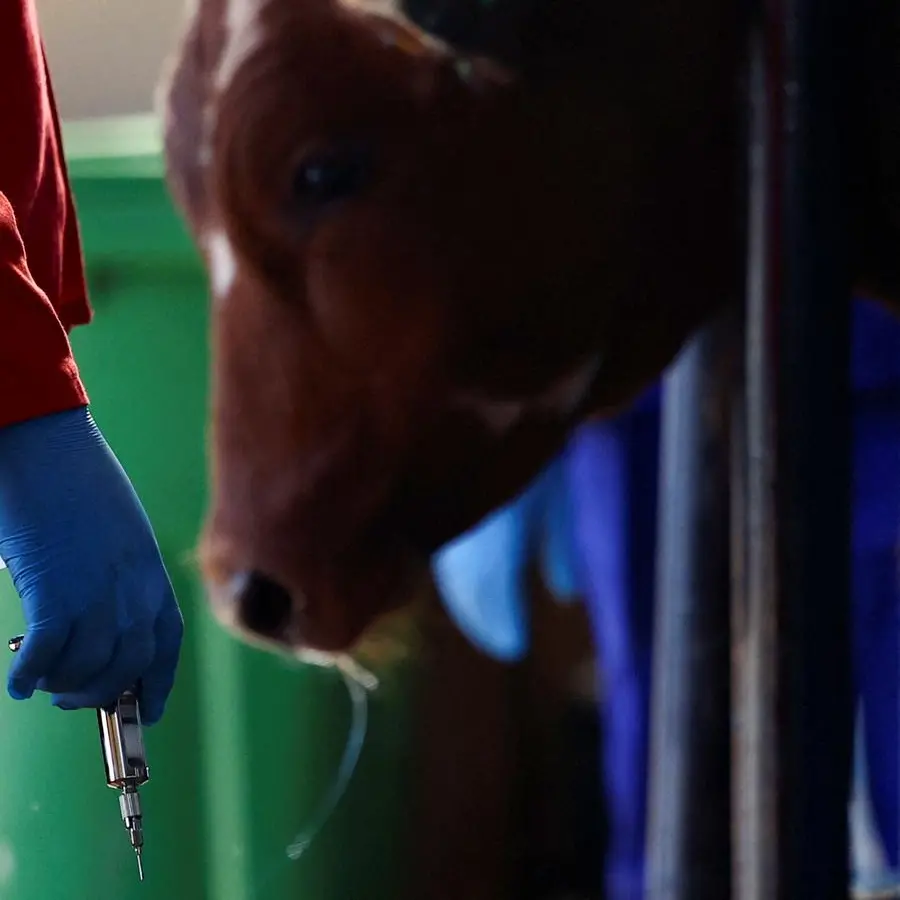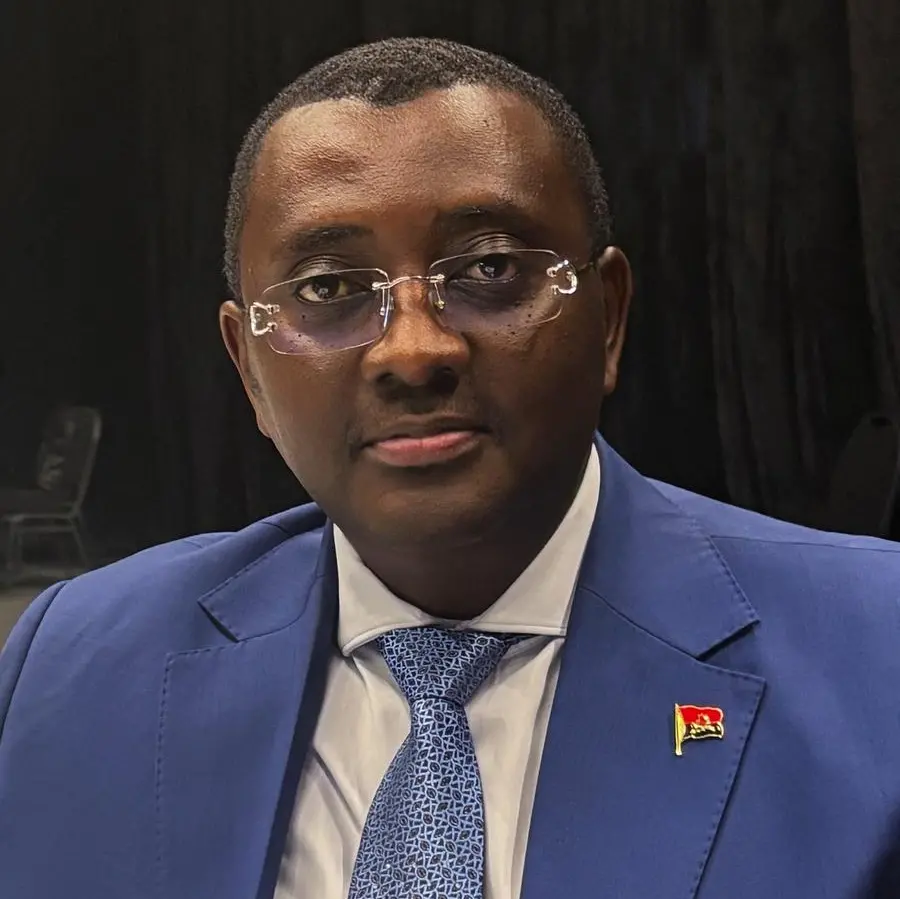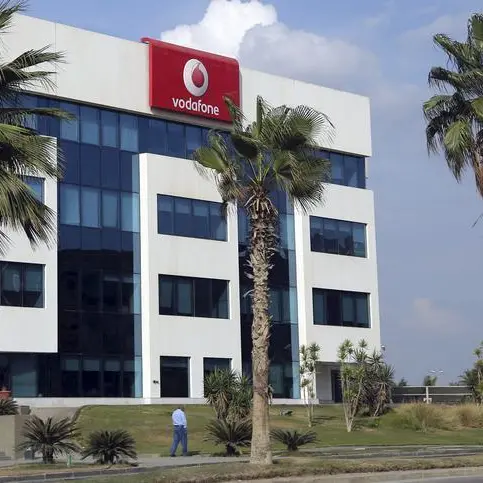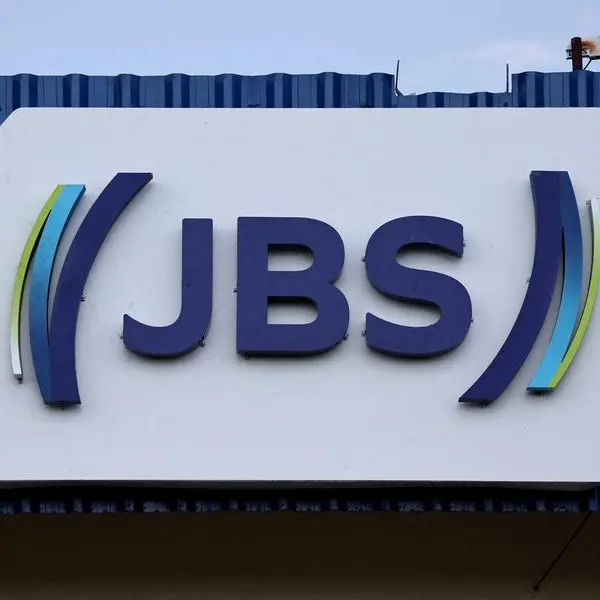The National Space Sciences Agency (NSSA) has completed a census to survey the number of palm trees in the kingdom, based on high-resolution images and accurate space data.
The study is in line with NSSA’s strategic goal of meeting the national needs through providing space data and earth observation information that serve the national comprehensive development march and contribute to space scientific progress.
Space data analyst Shaima Al Meer said the study had been conducted by NSSA’s Lab for Processing Satellite Images and Data in a relatively record time, by using artificial intelligence techniques to deal with the huge data collected over the past months through satellites orbiting in the near space of the Earth and monitoring changes on its surface.
She said the study is an important source of information for relevant government agencies, as it provides accurate and reliable results related to agricultural development, environment protection and food security.
Space data analyst Aysha Al Hajeri said the study is the second of its kind to be carried out in Bahrain in 24 months, expressing pride in contributing to the study that serves the nation.
She added that the study showed a 16 per cent increase in the number of palm trees in the kingdom compared with the previous study, reflecting the kingdom’s successful plantation and food security policies.
Although exact figures were’nt released to the media yesterday, the GDN reported earlier this year that a team of young Bahrainis employed artificial intelligence techniques to count the number of palm trees in Bahrain and came up with an impressive quarter of a million.
Fifty per cent of the 257,000 desert delights were found to be located in the Northern Governorate.
Security
The study also aimed to assess the health of palms, their vulnerability to environmental pollutants and pests such as the red palm weevil, as well as other plant diseases.
The first-of-its kind project is part of NSSA’s efforts to protect plants and achieve food security through smart application of space sciences and artificial intelligence.
The project will establish the first agricultural geographic information database on date palms – given its importance to Bahraini heritage at cultural, economical and nutritional levels, NSSA chief executive Dr Mohammed Al Aseeri then said.
© Copyright 2020 www.gdnonline.com
Copyright 2021 Al Hilal Publishing and Marketing Group Provided by SyndiGate Media Inc. (Syndigate.info).




















